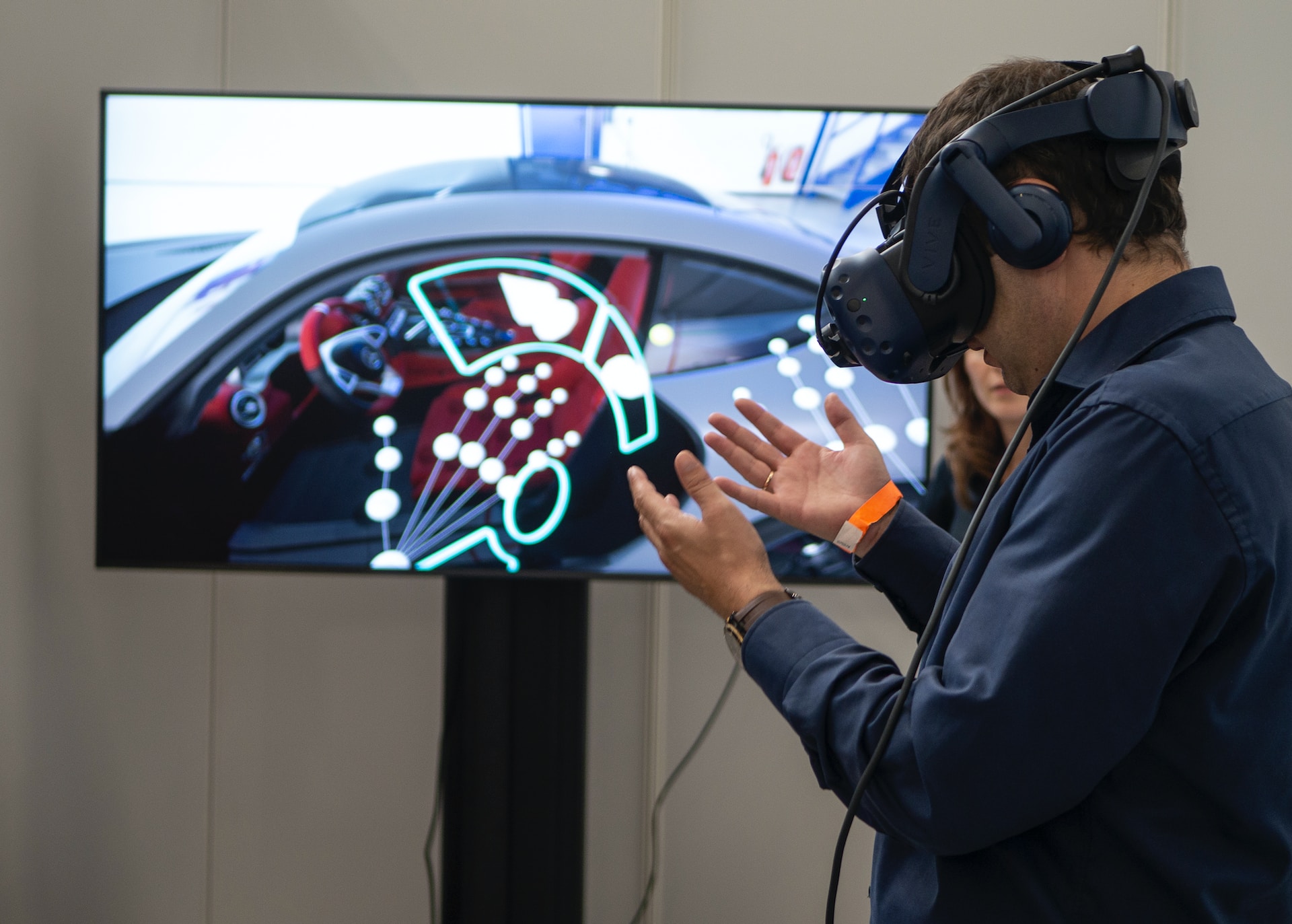Exploring The Unconventional Side of Modern Hobbies
Hobbies, once considered simple pastimes, have evolved dramatically in recent decades. From stamp collection and bird-watching to today’s digital alternatives, there has been a monumental shift. Traditionally, hobbies were often tactile and physical, requiring hands-on interaction. Now, with the advancement of technology, we are seeing a new wave of digital pastimes. Many are so unique and unprecedented that they would have been unthinkable to hobbyists of yesteryears.
The Rise of Digital Hobbies
Modern hobbies are embracing the digital realm, giving birth to an entirely new landscape of entertainment and engagement. E-sports, for instance, have become an enormous industry, with an estimated global audience of over 540 million people in 2023. Gamers compete in a virtual environment, often playing intricate games that demand strategic thinking and skill.
On a different note, digital art collection has found a unique niche in the online space. Platforms like OpenSea and Rarible have created marketplaces for trading digital artwork using blockchain technology. These digital assets, known as NFTs (Non-Fungible Tokens), provide digital artists a platform to sell their work, often for substantial sums. For instance, an artist known as Pak sold a piece for a staggering $91.8 million in December 2021.
In the world of gaming, the advent of virtual reality (VR) has taken the hobby to an unprecedented level. With VR, gamers are immersed in a simulated world, providing a depth of experience that traditional video games cannot match. This exciting technology adds another dimension to gaming and is attracting a growing community of dedicated enthusiasts.
Unconventional Hobbies and Their Popularity
The 21st-century landscape of hobbies is as diverse as it is surprising. New, unconventional hobbies are steadily emerging, gaining popularity in unexpected places. One example is the growing trend of drone racing, where pilots guide their high-speed drones through complex courses in a thrilling blend of skill and technology.
Moreover, activities like football betting have seen a surge of interest. By blending sports knowledge with strategic thinking, it becomes an intriguing pastime for sports enthusiasts. However, its appeal should be seen as a part of a larger pattern, reflecting the wider transformation of hobbies in the digital era.
The Impact of Digital Hobbies on Lifestyle
The impact of digital hobbies on contemporary lifestyles is far-reaching. They are influencing social connections, skill development, and even the way we perceive leisure time. For instance, the e-sports community has formed global networks of players, fostering friendships that transcend geographical boundaries.
In terms of skill development, these hobbies often require strategic thinking, teamwork, and quick decision-making. Many gamers report an improvement in these areas as a result of their hobby.
Lastly, the way we perceive our leisure time is changing. Today, one can build a career around their digital hobby – an opportunity that was non-existent a few decades ago. Many successful YouTubers, Twitch streamers, and e-sports professionals earn a substantial income from their pastimes.
Hobbies have always been an integral part of human culture, reflecting our innate need for leisure and creative expression. In the digital age, these pastimes have evolved, morphing into exciting and often unconventional forms. From e-sports to digital art collection, the world of hobbies continues to expand, offering unprecedented opportunities for engagement and exploration.

